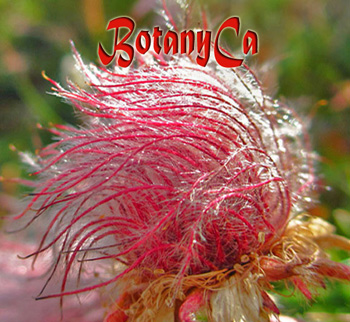I had in mind to collect twinflower seeds this year but somehow I missed the right moment. Everyone likes the twinflower and probably would like to have it in their garden; even because it bears Linnaeus name is reason enough :) But, although widespread across its main circumboreal range, it is in fact a plant with a ‘little’ problem (well, not really little).
Linnaea borealis is a self-incompatible species which requires cross-pollination to produce viable seeds (or to produce seeds at all).
Wonderful, large patches can be encountered in the woods but they are mostly clonal (they are identical genetically) and they don’t produce viable seeds. In one research done in Scotland, among all the populations studied, 37% consisted of a single genotype! Such species that reproduce vegetatively but don’t produce viable seeds give us a false assurance. Small populations that disappear from various reasons cannot be reintroduced in old habitats and adaptations to future climate changes would be non-existent because it’s usually from seeds that species adapt and evolve into new, more resistant genotypes.
At a superficial glance, all seems to be fine. The flowering is spectacular and there are fruits. But it’s not… After patiently opening the dry fruits, one will find many of them empty. Luckily, I got some seeds and I can demonstrate. From a significant number of small fruits (about 400), I ended up with +/-75 seeds, so you do the math!
Of course, no one bothers to open the dry achenes (not that many people get them), but you see, there is another aspect – sowing such fruits (which contain no seeds) would make some conclude that Linnaea is either a difficult to germinate species (like the saying went about the Syneilesis) or that it has a very low germination %. Actually, I found someone stating that “germination rate is about one in thirty”. Most probably, there was only 1 fruit that contained a seed!!!
It’s not rare for dry fruits, especially achenes, to be mistaken for ‘seeds’. Many times things are not what they seem to be….







